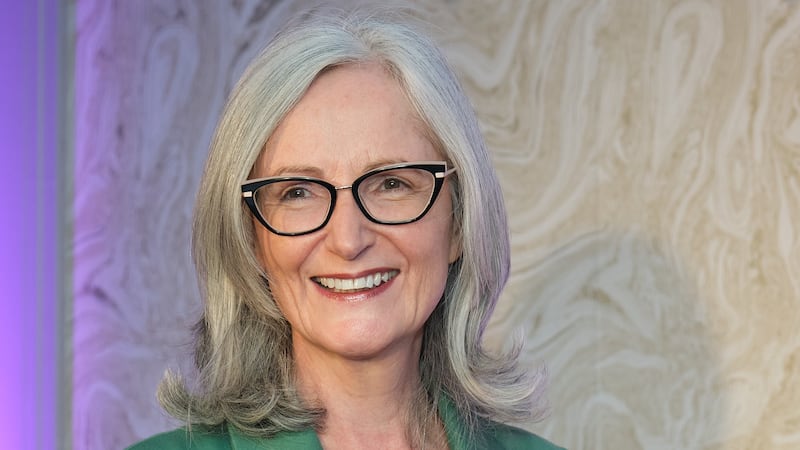THIS may not feel true as you scour the entire internet and try every shop to find the ideal pressie for a loved one, but giving Christmas gifts is, in fact, surprisingly beneficial for both your body and brain. Indeed, most of us believe the opposite to be true.
The most stressful part of the festive season is thinking about what presents to buy, how much they cost, and the rigmarole of getting them, a YouGov survey found last year.
Nevertheless, Christmas presents really are gifts that keep on giving - at least to the person buying them.
For example, in a study of 1,700 students published in the Journal of Personal and Social Psychology two years ago, Lara Aknin, a professor of psychology at Simon Fraser University in Canada, told half the students to buy something for themselves and half to buy for a stranger in need. She then assessed the students’ happiness levels and found that those who had spent on others had more buoyant moods.
Youthful idealism, perhaps? Not so, suggests another Canadian research paper, published in June. This looked at survey data from more than 15,500 Americans and found that people in every age group got a mood boost from spending money on gifts for others.
Middle-aged and older adults get the biggest lift, reported the social psychologists at the University of British Columbia in the journal PLoS One.
And, according to brain scans conducted by researchers at the University of Lubeck, in Germany, we are hard-wired to be made happy by giving.
The neuropsychologists gave 100 Swiss francs (£88) to 50 volunteers and asked half to pledge that they would spend it on buying treats for others, while the others could spend it on themselves.
As in the previous studies, the gift-givers reported feeling significantly happier.
What’s more, results of their fMRI scans (a functional magnetic resonance imaging scan measures and maps the brain’s activity) reported in the journal Nature Communications in 2017 suggested why: the gift-givers had much stronger communication between two regions of their brain, the temporoparietal junction and the ventral striatum.
The temporoparietal junction, on the left side of the brain, is involved in regulating our interactions with other people, while the ventral striatum, at the brain’s centre, is involved with giving us a sense of reward.
When the two communicate, as in buying and giving a gift, the social interaction gives us a sense of joy and satisfaction, this study suggests.
It makes sense, according to Dr Linda Blair, a clinical psychologist. "Individual human beings as a species are fairly weak in survival terms," she says. "We instinctively survive by being in groups that work together and support one another. If you bond with someone, you feel safer."
Moreover, Dr Blair says that gifting does more than just make us feel momentarily happier: it can sustain better health. "Research shows that people who habitually gift feel a greater sense of control over their environment and are less likely to feel depressed," she says.
"What’s more, a 2002 study by investigators at Michigan University in the journal Psychological Science shows that you live significantly longer if you give gifts."
Indeed, the researchers found that it can reduce older people’s risk of dying by nearly 60 per cent over a five-year period.
And while it makes sense that when we’re happy, we’re more disposed to be generous, it can be a two-way street.
"In fact, the time when you should be giving most is when you are depressed," Dr Blair argues. "It will make you feel socially involved and meaningful - and thus can raise you out of low mood."
Meanwhile, evidence shows that finding the perfect ‘surprise’ present for a loved one doesn’t matter much: we’re better off asking them what they want.
A 2011 study by researchers at Harvard and Stanford, involving nearly 200 married participants, found that those who recalled receiving a gift from their wedding list were more appreciative than those who recalled receiving a gift they hadn’t asked for.
Finally, last December’s YouGov survey found that only one in eight thought unwanted gifts are a bother, with most appreciating the effort.
In other words, it really is the thought that counts.
© Solo dmg media








